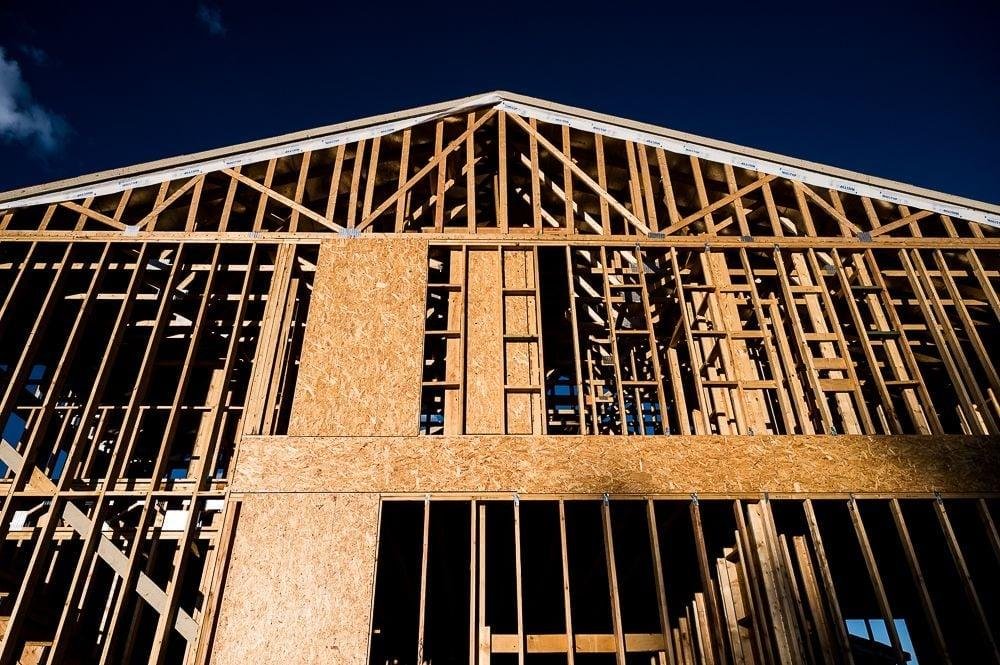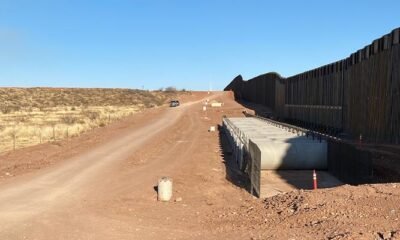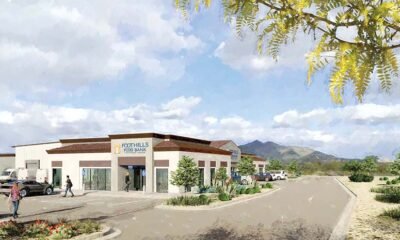Business
Sahuarita Set to Decide on Construction Noise Regulations as Flowing Wells Eyes $30M Bond

A bipartisan coalition in Arizona has championed a new law focused on construction noise regulation, aligning local construction hours with statewide standards. This legislation mandates that construction activities can occur from 5 a.m. to 7 p.m. in summer months and from 6 a.m. to 7 p.m. during the cooler months.
Concrete pouring will follow similar time restrictions, with allowances for early morning work during the hotter months. Notably, the Sahuarita Town Council is set to vote on adjusting its own noise ordinance, potentially enabling construction to start earlier and finish later than the current 6 a.m. to 6 p.m. standard.
State Senator Analise Ortiz, the primary sponsor of the bill, noted that this change aims to protect workers from extreme heat, allowing them to complete their tasks sooner. The bill reflects a shift in political priorities, indicating that both Democrats and Republicans are addressing rising housing costs that concern a broad swath of voters.
In education news, the Pima Community College Governing Board is prepared to vote on a $332.7 million budget that includes a slight decrease in property tax rates. The primary tax rate is expected to regress from $1.2530 to $1.2176 per $100 of assessed property value, marking a 3% reduction. This would yield a bill of approximately $253 for a home valued at $200,000.
The budget also includes plans to enhance enrollment by offering courses to city employees and establishing a partnership with a local high school to train future aviation mechanics. In addition, the board is considering a contract for social media outreach to attract potential students.
The Tucson Unified School District (TUSD) is preparing to vote on a proposed budget in anticipation of the state budget. The anticipated $737 million operating budget reflects a $21 million decrease from the previous year and incorporates a small property tax reduction. However, it navigates uncertainties stemming from the state’s fiscal decisions, including potential funding adjustments relating to a 2% inflation measure.
The district faces challenges from a structural deficit, prompting budget cuts across various programs. Concurrently, TUSD plans updates to its student code of conduct, with a focus on addressing issues of tardiness and bullying, among other behavioral concerns.
Flowing Wells School District is also moving forward with plans for a $30 million bond election, earmarked for safety improvements and facility upgrades. The projected impact on taxes for a typical home will be about $15.70 monthly.
In a related decision, the Amphitheater Unified School District board is set to discuss restrictions on smartphone usage during school hours, highlighting ongoing debates about technology’s role in education. The board will also evaluate a new model for assessing teacher performance, aiming to balance accountability and teaching quality.
Meanwhile, the Marana School Board will consider an appeal denying online charter school students access to district athletics, a move that reflects broader discussions about school enrollment policies. Across various districts, teacher pay and budget priorities remain key issues as school boards convene.


![Top left: A handgun photographed at the scene of a May 15 shooting in Rancho Mirage. Bottom left: Thomas Ray Crew faces life in prison. Background: Attorneys discuss Crew's case in Pinal County Superior Court May 30, 2025. [David Iversen, Pinal County Sheriff's Office/graphic]](https://arizonanews.org/wp-content/uploads/2025/06/In-Law-Shooter-Thomas-Crew-Pleads-Not-Guilty-Faces-750K-Bond-400x240.jpeg)
![Top left: A handgun photographed at the scene of a May 15 shooting in Rancho Mirage. Bottom left: Thomas Ray Crew faces life in prison. Background: Attorneys discuss Crew's case in Pinal County Superior Court May 30, 2025. [David Iversen, Pinal County Sheriff's Office/graphic]](https://arizonanews.org/wp-content/uploads/2025/06/In-Law-Shooter-Thomas-Crew-Pleads-Not-Guilty-Faces-750K-Bond-80x80.jpeg)














